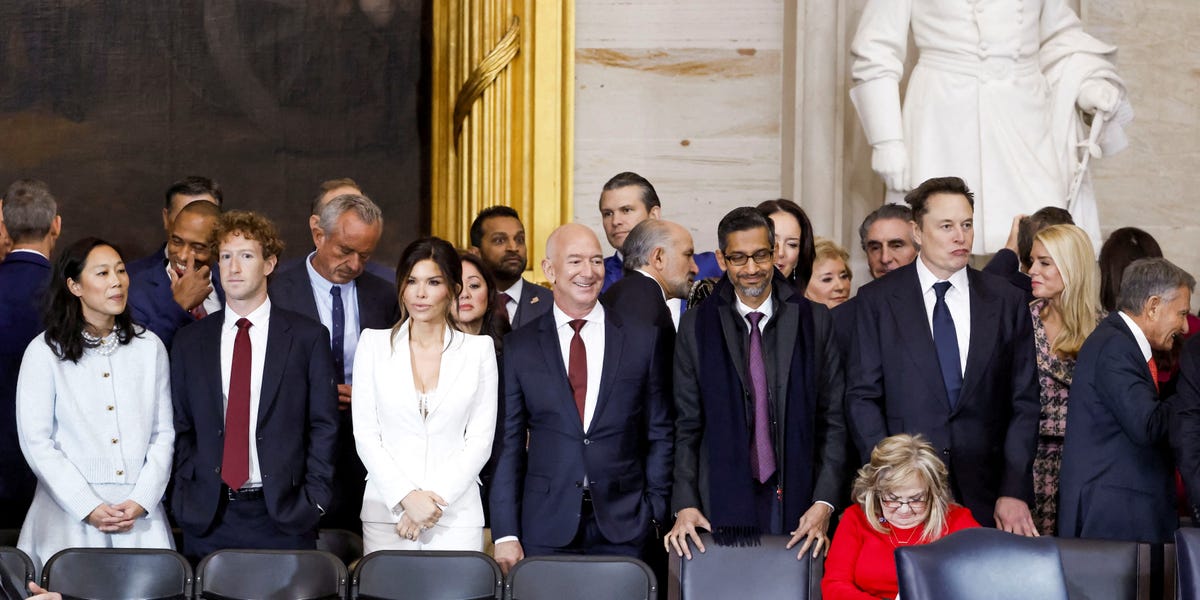Silicon Valley's Power Play: How Tech Titans Shifted Allegiances in the Trump Orbit

In the high-stakes world of tech and politics, Silicon Valley's most influential leaders embarked on a delicate dance with former President Donald Trump, hoping to curry favor and maintain strategic relationships. Mark Zuckerberg of Meta (formerly Facebook) and Tim Cook of Apple were among the prominent tech executives who sought to establish a cordial rapport with Trump, anticipating potential political implications.
However, the path since those initial overtures has been far from smooth. What began as calculated diplomatic efforts quickly devolved into a complex and often turbulent relationship. Tech giants found themselves navigating a treacherous landscape of competing interests, public scrutiny, and rapidly shifting political dynamics.
Their attempts to build bridges with the controversial former president revealed the intricate balance tech leaders must strike between maintaining political access and preserving their companies' public images. Each interaction was a carefully choreographed performance, fraught with potential risks and unintended consequences.
As the political landscape continues to evolve, these tech moguls remain keenly aware that their relationships with political power brokers can be as unpredictable as they are consequential. The ongoing saga underscores the complex interplay between technology, politics, and corporate strategy in today's interconnected world.
